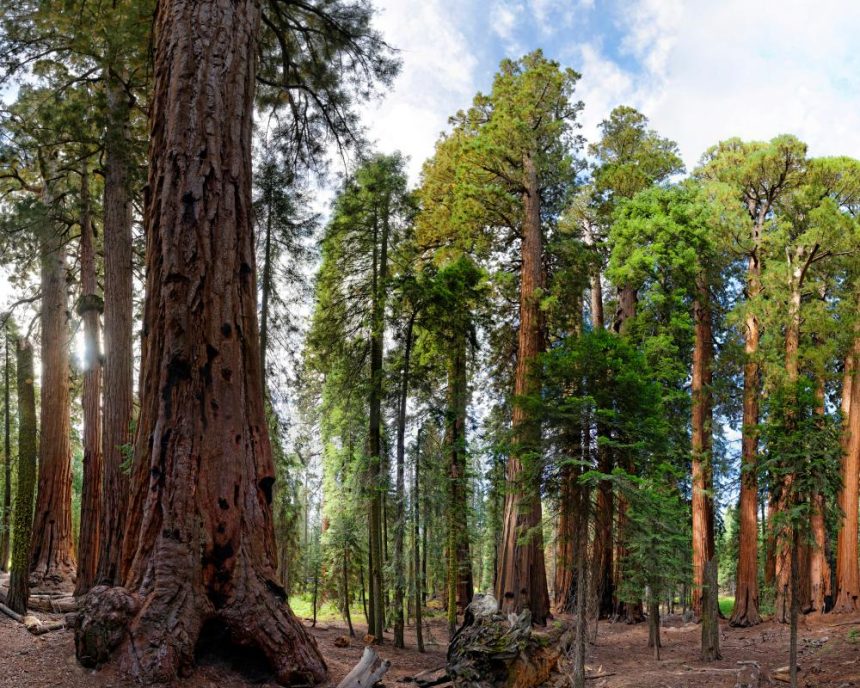Park rangers have removed an illegal marijuana cultivation site in California’s Sequoia national park spanning approximately 13 acres (5 hectares).
In a press release on Thursday, the National Park Service said that it had removed a total of 2,377 full-grown marijuana plants and approximately 2,000lbs of trash and infrastructure last week by hand and helicopter sling-load operations.
The site, which was initially detected and raided by law enforcement rangers in 2024, also contained a semi-automatic pistol and several hazardous chemicals. Among the chemicals included a gallon of Methamidophos, a highly toxic insecticide banned in the US since 2009, the NPS said.
According to the NPS, the site was not rehabilitated until this year due to the presence of hazardous chemicals. No arrests have been made and the investigation is ongoing.
The NPS went on to identify various damages done to the site including diversion of the natural flow of water form a nearby creek and installation of irrigation lines, construction of several large pits to store diverted water from a nearby creek, significant clearing of natural vegetation, as well as digging of terraces into the hillsides for marijuana planting.
Other damages include development of campsites, kitchen areas and cultivation sites in a wilderness area, evidence of poaching activity, as well as illegally maintained trails covering approximately two miles.
Related: Trump’s move to sanitize US history gets little support with national park visitors
The NPS pointed to environmental impacts of large marijuana cultivation sites in California’s Central Valley, as a single marjuana plant uses six to eight gallons of water a day that would otherwise be used for other wildlife and vegetation. It also pointed to runoff water from the sites which may be tainted by various pesticides used to grow marijuana.
Over the last two decades, drug trafficking operations have run what the NPS described as “large-scale operations” in and around the Sequoia and Kings Canyon national parks. Since then, nearly 300,000 plants worth almost $850m have been eradicated from the national parks.
Despite marijuana being legalized in California in 2016, strict production restrictions have led to a thriving black market which has caused widespread environmental damage across the state in recent years.
In Siskiyou county, more than 15,000 acres of illicit marijuana sites have resulted in a significant decline in wildlife, as well as the unregulated use of pesticides and chemicals.
“We’ve gone down there on the ground and there’s really no wildlife. You’re lucky to find a lizard,” Rick Dean, the community development director for Siskiyou’s environmental health division, told the Guardian in an interview last year.









